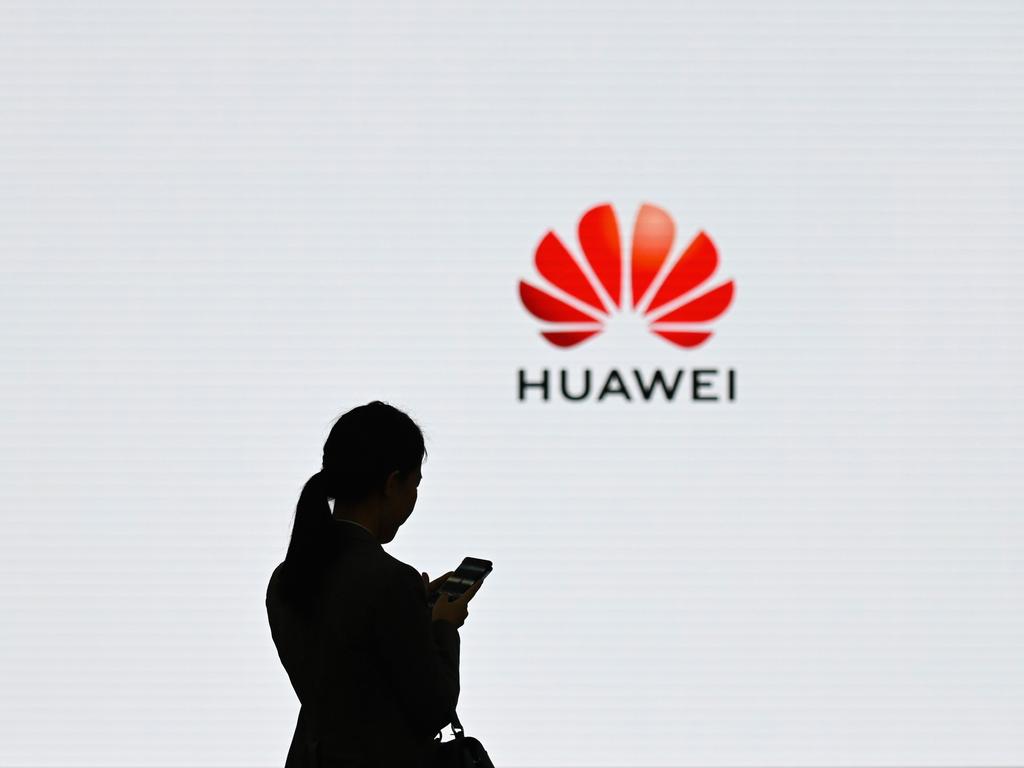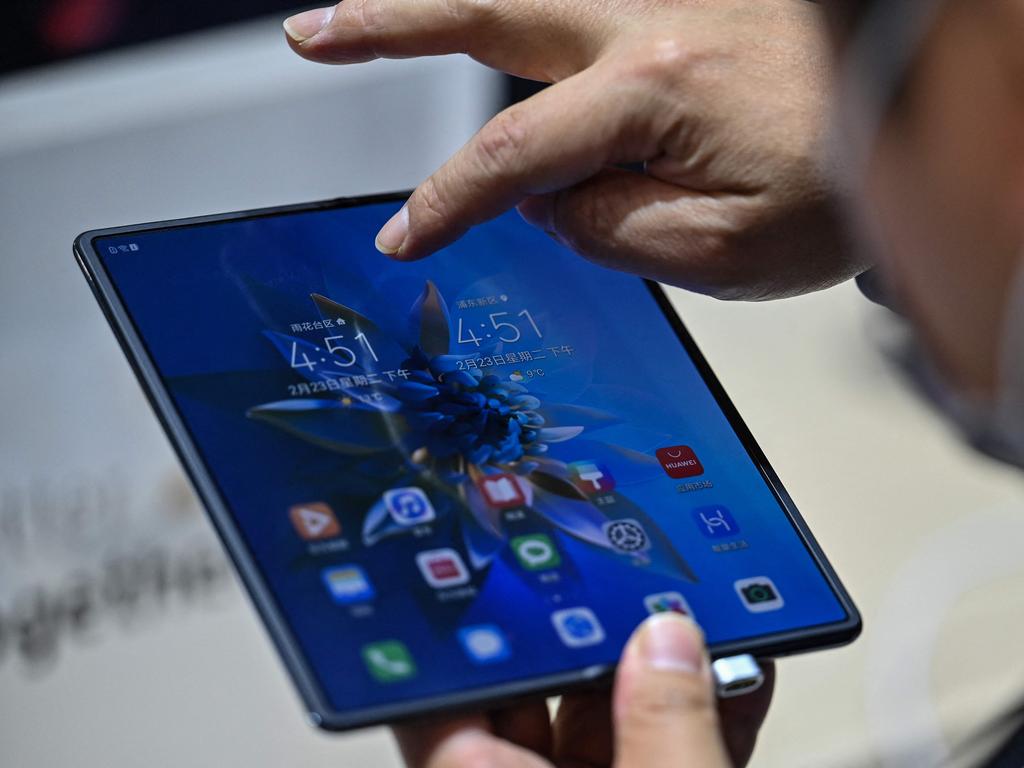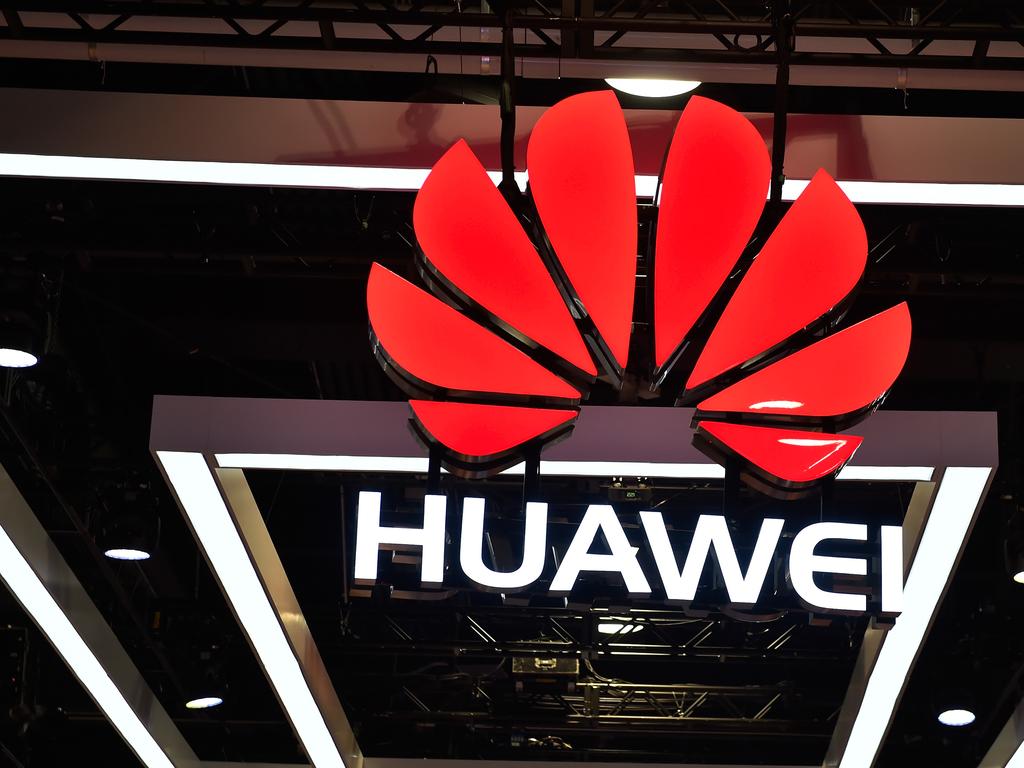Huawei plan to use 5G patents to charge royalties from Apple, Samsung
The Chinese telecommunications company was set to be a world leader before the West intervened, but it’s got a new plan to boost profits.
Chinese telecommunications company Huawei has a new plan to make up for lost revenue stemming from its US government imposed status as a “banned entity”.
Huawei had been poised to overtake Samsung and become the world’s biggest seller of smartphones before it was placed on a list of banned entities held by the US Department of Commerce.
That prevents US businesses (and even some non-US businesses) from working with Huawei.
While it didn’t make it illegal to sell Huawei phones, it did stop the devices being able to use any of the Google services ordinarily included in Android.
RELATED: Cheap smartphones that don’t cost $1000

RELATED: Huge boost to fix annoying iPhone problem
That included the Play store, meaning you’d be unable to download more apps without going through a complicated installation process.
Before that, Australia had already banned Huawei from participating in the rollout of 5G mobile technology.
But Huawei’s found a way to get off the mat, through the same 5G mobile technology it’s been banned from helping install here.
RELATED: Crazy smartphone game changer revealed

RELATED: New iPhone threatens Apple’s own device
Huawei was an early pioneer in the 5G space, meaning it holds quite a few patents that it can profit from by licensing them to companies like Apple and Samsung, who it was previously competing with — and in some sense still is — to see which brand could sell the most phones.
In 2019, Huawei said it held 87,805 patents at the end of 2018 and that they “are of profound value to the global information society”.
It also said statistics from the European Telecommunications Standards Institute showed Huawei owned 20 per cent, one out of every five patents for 5G which are “essential to mobile phones and network operators worldwide”.
RELATED: Simple iPhone habit ruining your relationship

The head of Huawei’s intellectual property head Jason Ding has now told Bloombergit will be cashing in off those patents, but won’t be charging more than $US2.50 ($A3.19) per phone that manufacturers license their patents for.
According to Bloomberg the patent fees will be less than fees for similar patents charged by Nokia and Qualcomm.
Apple and Qualcomm were previously locked in a legal battle for several years over the $US7.50 per unit patent fees the latter had charged.



